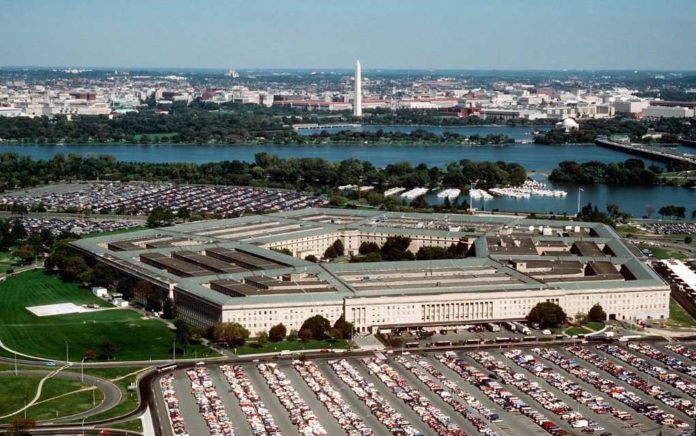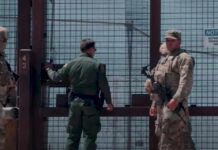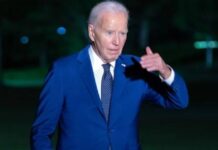
America has plenty of military might to throw around. And now it’s being put to good use.
Because President Trump pledged US military support to the last country you’d think.
Trump’s Executive Order Bolsters U.S. Defense Ties with Qatar
President Trump has issued a firm executive order directing the U.S. military to regard any attack on Qatar as a “threat to the peace and security of the United States.” The directive specifies that in response to such aggression, America “shall take all lawful and appropriate measures — including diplomatic, economic and, if necessary, military — to defend the interests of the United States and the State of Qatar and to restore peace and stability.”
Unveiled Wednesday but executed on Monday during Israeli Prime Minister Benjamin Netanyahu’s White House visit, the order proves Qatar’s strategic value without overlooking its complex regional dynamics.
Netanyahu used the occasion to phone Qatar’s prime minister, extending apologies for an Israeli airstrike on Doha that resulted in six fatalities. Under this new framework, Qatar would receive U.S. military support if targeted, a pragmatic step given the host nation’s pivotal hosting of Al-Udeid Air Base—America’s largest in the Middle East, with thousands of personnel embedded there.
Qatar’s Role: Key Base and Broker in a Tense Region
Qatar, a gas-rich peninsula projecting into the Persian Gulf, maintains a major non-NATO ally status—a designation from the Biden administration—and has facilitated U.S. Central Command’s forward operations at Al-Udeid.
It has also played a mediating role in efforts to conclude Israel’s Gaza conflict, though its ties to groups like Hamas have drawn scrutiny from conservatives wary of funding streams to terror outfits.
Trump’s order reflects hard-nosed realism: safeguarding our bases and alliances in a powder-keg area where Iran looms large and nuclear tensions simmer.
It’s not blind endorsement — Qatar’s human rights record and Al Jazeera’s biases remain fair game for critique — but prioritizing operational security keeps American forces safe and influence intact, far better than the previous administration’s equivocations.
Strike Aftermath: Apologies, Pacts, and Gulf Realignments
The catalyst was last month’s Israeli operation targeting Hamas leaders in Doha, which inadvertently killed a Qatari security member. Trump voiced sharp disapproval to Netanyahu, leading to the Israeli leader’s outreach.
“As a first step, Prime Minister Netanyahu expressed his deep regret that Israel’s missile strike against Hamas targets in Qatar unintentionally killed a Qatari serviceman,” a White House summary noted from the trilateral call involving Trump, Netanyahu, and Qatari Prime Minister Mohammed bin Abdulrahman bin Jassim al-Thani.
Netanyahu “further expressed regret that, in targeting Hamas leadership during hostage negotiations, Israel violated Qatari sovereignty and affirmed that Israel will not conduct such an attack again in the future,” the readout continued.
Qatari officials offered no immediate reply to inquiries. The incident has stirred the pot: Saudi Arabia inked a mutual defense deal with nuclear-armed Pakistan, extending Islamabad’s umbrella over Riyadh amid Israeli assertiveness and Iran’s nuclear defiance, now hit with renewed U.N. sanctions.
As other Gulf states recalibrate—balancing threats from Tehran and Jerusalem—Trump’s Qatar commitment signals conservative resolve: back reliable partners for U.S. leverage, enforce sovereignty, and deter chaos, all while keeping a clear-eyed view of allies’ flaws. No more globalist naivety; just the muscle to protect American priorities.



















